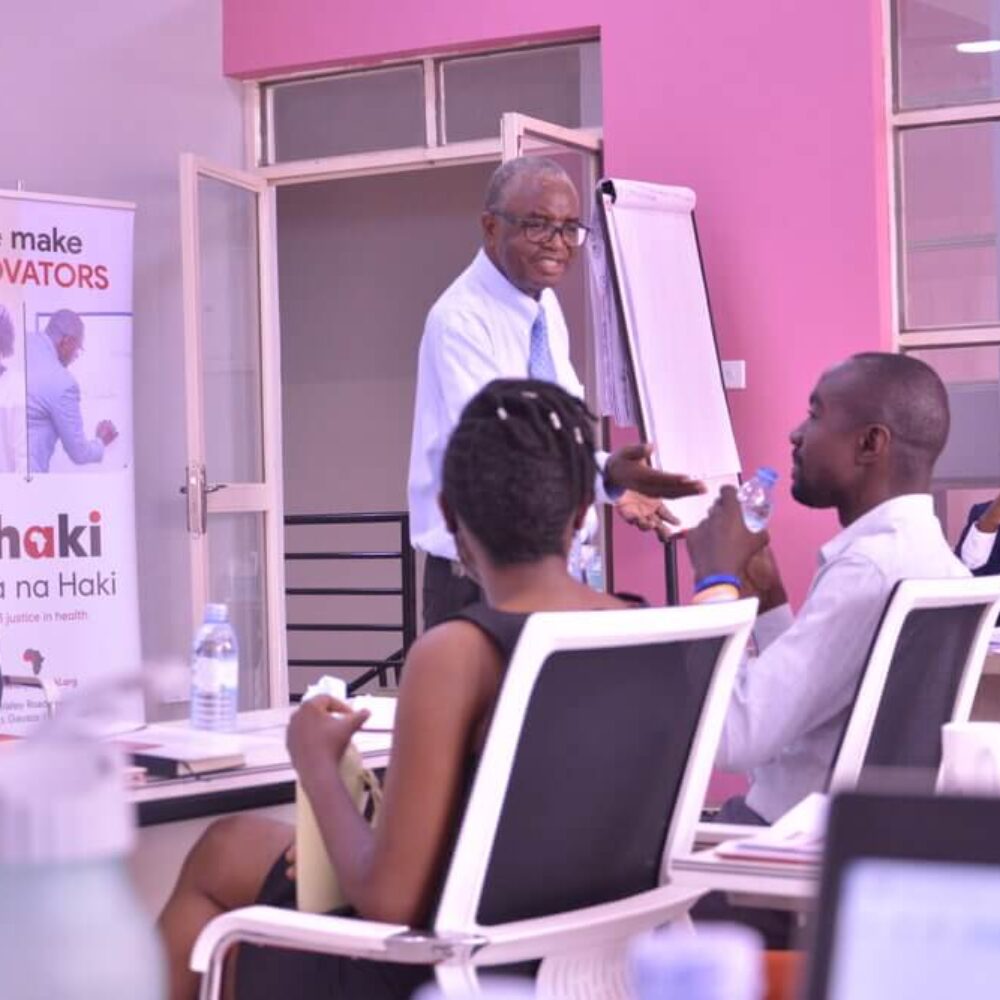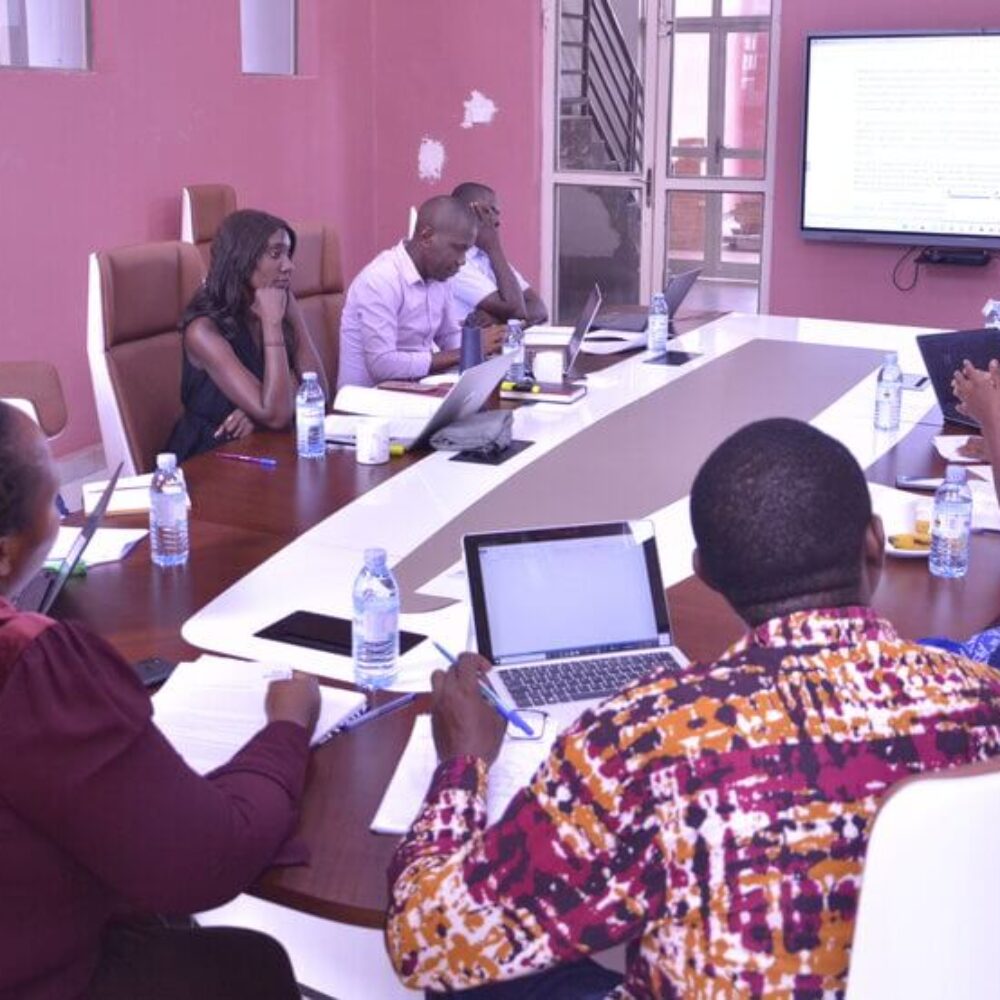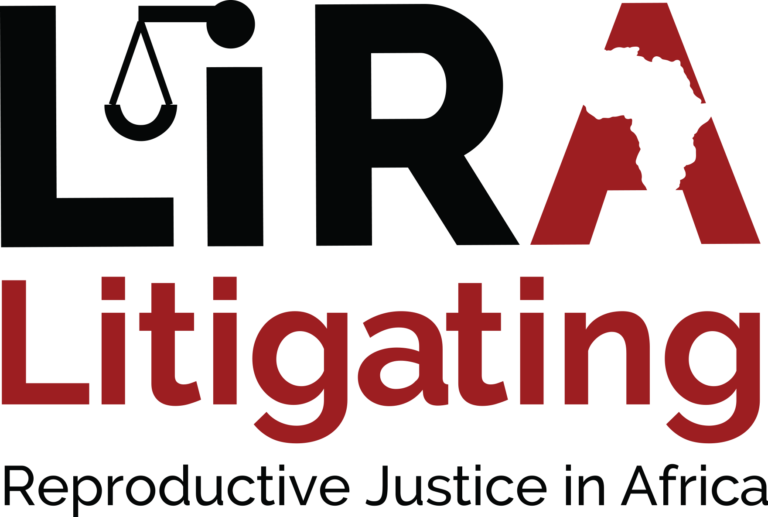Uganda
In Uganda, three organizations, including CEHURD have filed separate petitions variously challenging the government’s failure to legislate the circumstances under which legal abortion is permitted.
Acts
Cases
Policies
1. Sexual and Reproductive Health Rights
Uganda’s Constitution of 1995 provides national objectives and directive principles of state policy, rights of the people, and obligations that the state has to the people. Under the social and economic objectives, the constitution provides for the right to health care and states that the state shall undertake to ensure that all Ugandans enjoy rights and opportunities and access to health services. The Constitution provides for the right to life and states that no person has the right to terminate the life of an unborn child except as may be authorized by law.
2. Restrictions to Sexual and Reproductive Health Rights
The Penal Code Act criminalizes attempts to procure an abortion (punishable by imprisonment for 14 years), procuring a miscarriage (punishable by imprisonment for 7 years), and the supplying of drugs, etc. to procure abortion (punishable by imprisonment for 3 years). Section 224 of the Penal Code Act, however, provides for an exception to the above offenses and states that a person may not be criminally liable for in good faith and with reasonable care and skill performing a surgical operation on a woman or an unborn child to save the mother’s life having regard the state of the patient and all circumstances of the case.
Litigation for the adequate implementation of sexual and reproductive health services in Uganda has occurred in previous years. In the cases of CEHURD and 4 others V Nakaseke District Local Administration – Civil Suit No 111 of 2012, and CEHURD and 2 others V The Executive Director, Mulago Referral Hospital and another – Civil Suit No 212 of 2013, courts found that negligent acts by hospitals that amounted to the provision of inadequate provision of health care services to pregnant women seeking obstetrics care amounted to violations of the human and maternal rights and the rights of the relatives of the patient (spouse or children) arising under the constitutions and that they could be subjected to psychological torture that could amount to a violation of the right to health under Article 45, objectives XX and XIV(b) of the constitution as well as Article 12 of the International Covenant on Economic, Social and Cultural Rights (ICESCR) and Article 12 of the African Charter.
The issue surrounding Comprehensive Sexuality Education, which has a huge impact on adolescent sexual and reproductive health and rights and sexual and reproductive health and rights in general, was brought up in CEHURD V the Attorney General – Miscellaneous Cause No. 309 of 2016 and the court held that the inordinate delay of parliament in developing a comprehensive sexuality education policy in Uganda was unjustified and a violation of Uganda’s obligations under international law, articles 30, 34(2) and 41 of the constitution, section4(1)(c),(g) and (i) of the Children (Amendment) Act 2016 and section 4 (1)(2) of the Education (pre-primary, primary and post-primary) Act 2008.
Whereas in CEHURD and 2 others V The Attorney General – Constitutional Petition No 16 of 2011, the court held that the Governments omission to adequately provide basic maternal healthcare services, and emergency obstetric care services in public healthcare facilities is a violation of the right to health, right to life, rights of women and subjects women to inhuman and degrading treatment under the constitution.
3. Policies
The National Policy Guidelines and Service Standards for SRHR, 2006 is very detailed and covers the implementation of sexual and reproductive health and rights, family planning, contraceptive service delivery, safe motherhood, obstetric fistula, adolescent sexual and reproductive health, integration of STI/HIV/AIDS into sexual and reproductive health services, infertility, reproductive tract cancer, menopause and andropause and combating gender-based violence. With regards to abortion, it provides guidelines for post-abortion care, contraception after an abortion, abortion complications, and comprehensive abortion care services which aim to inform the community of the dangers of unsafe abortions, signs and symptoms of abortions, change the negative attitudes towards abortions and also provide counselling services after an abortion.
The National Policy on Elimination of Gender-Based Violence in Uganda has amongst its strategies, improvement and promotion of the usage of sexual and reproductive health services as well as promoting girls’ rights and empowering them to have control over issues surrounding family planning and their sexuality. The National Adolescent Health Policy for Uganda aims to mainstream and provide for adolescent health services to improve the quality of life of adolescents and one of its reproductive targets is to review abortion law to improve services. The National Training Curriculum for health workers on adolescent health and Development (trainee handbook) aims to provide service providers with guidance and skills on providing adolescent-friendly health services, including adolescent reproductive health services.








